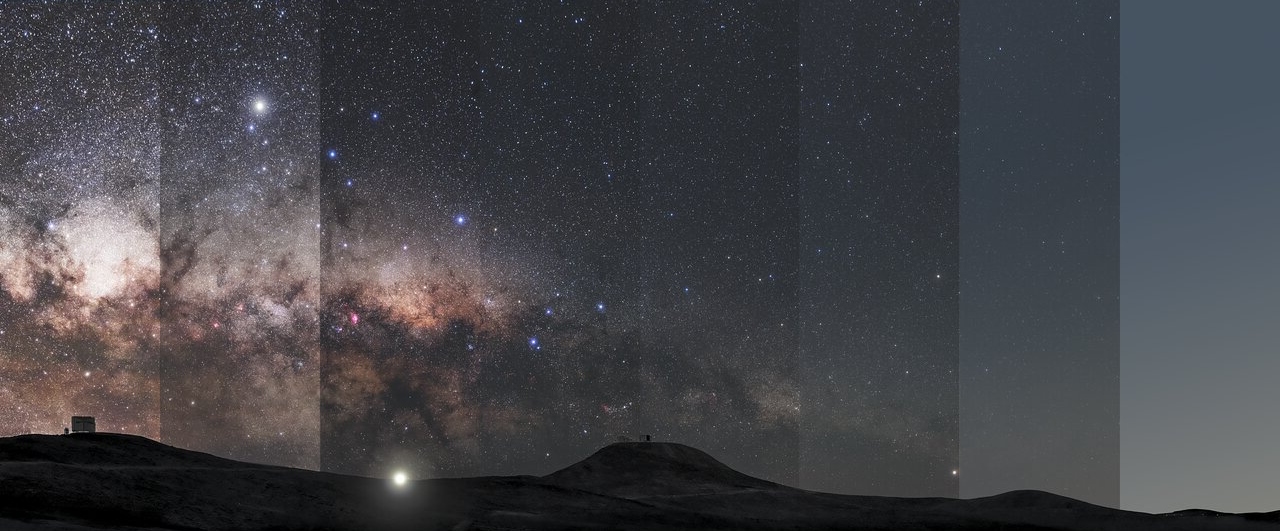What is all this stuff? Not everything from that 1980s desk is obsolete, nor everything in this image.
People still use some of them, whether out of nostalgia or personal preference. But, increasingly, nobody knows what a floppy disk or pager is, never mind how to use them.

Of course, all these bits of technology we've now replaced were themselves replacements for even older technology.
Word processors replaced typewriters, calculators (largely) replaced the abacus, the ball-point replaced the fountain pen, and so on. It's a never-ending process.

And it goes back a long way, whether a direct replacement or new invention which makes an older technology obsolete.
Planes replaced airships; the clock replaced the hour glass and sundial; paper replaced parchment... history is (literally) a heap of old tools and technologies:

And the implications of this go beyond what our desk looks like or what we use from day to day.
Once upon a time there were "knocker uppers", employed to wake workers in the early morning; alarm clocks have replaced them. An entire profession which no longer exists.

Candlemakers and manufacturers of oil lamps presumably took a hit when electric lighting was invented, and certainly when it became cheap and readily available.
The combustion engine supplanted our reliance on horses and after the car was invented the horse population plummeted.

But that's what technology does.
It makes new things possible and makes life more convenient, it puts people out of work and puts people into work, it destroys whole industries and creates new ones, it makes the world safer and more dangerous.
And it seems, always, inevitable.
And, of course, it changes how we interact with one another and the world.
Before mobile phones there were landlines and phone booths and the Yellow Pages. And before them? Telegrams and letters.
Once upon a time you couldn't be instantly contacted wherever you were.

It isn't true that phones are entirely responsible for making us less sociable in public; not so long ago people were occupied by newspapers on public transport...
But some things have changed.


Much of what we do with phones once required human interaction, such as asking for directions.
How many millions of conversations haven't happened because of smart phones and the internet?
Then again, how many millions of conversations have happened because of them?
So even while technology creates new possibilities it can change us in ways we might not want or expect.
When the Luddites resisted mechanised textile production they weren't opposed to losing work so much as being turned from artisans into machine operators.

Junichiro Tanizaki wrote in the 1930s about how electric lighting, though useful, was destroying what he felt to be the subtlety of traditional Japanese architecture: brights lights were banishing the beautiful shadows.

And so, when enough time passes, we forget what has been lost because of new technology.
How it felt to not be instantly contactable all day and everywhere or, taking Tanizaki's theme, what it was like to be able to see the stars of the night sky before light pollution.

Returning to the evolution of the desk (with a wonderful graphic made by the Harvard Innovation Lab) we see the digitisation of a hundred different technologies.
Much has improved and life is surely better, but every new app also represents something lost.
And yet countless relics of long-dead technologies are still around us. How many cities are scattered with those peculiar things called phone booths, none of which seem to work any more?


And, most of the time, the technology that has been replaced influences the design of the new one.
That's called a skeuomorph. Hence why the save button is a floppy disk, the Gmail icon is an envelope, your phone camera makes a shutter sound, and so on.

All of which begs the question:
Is there anything we currently use or do which people will one day look back on with nostalgia (like 80s tech) or a sense that something has been lost (like life before smart phones) when new technology inevitably replaces them?
If you found this interesting then you may like my free, weekly newsletter.
It comes out every Friday with seven short chapters on art, architecture, history, and music.
To join 75k+ other readers, consider subscribing here: culturaltutor.com/areopagus

